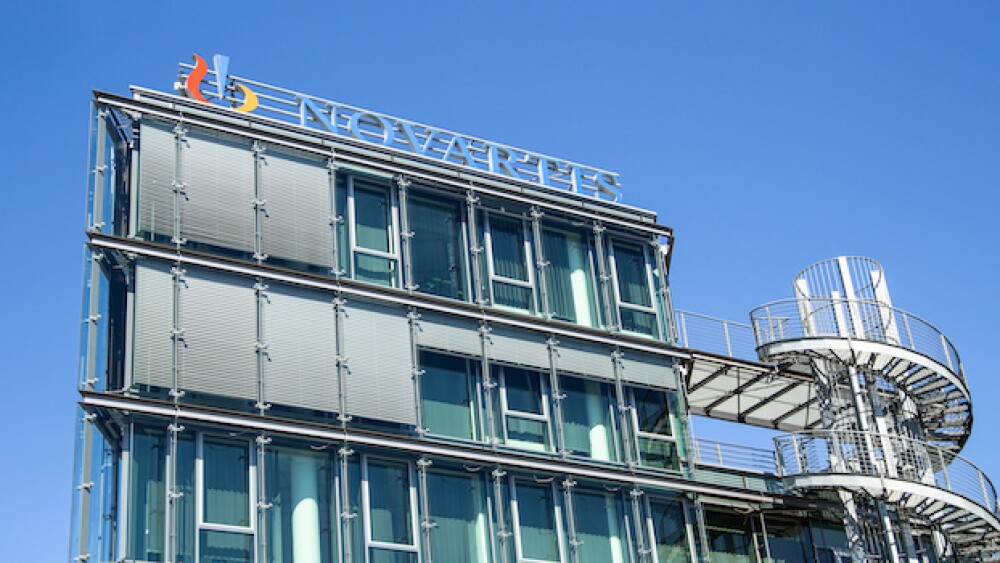The company is paying $3.2 billion upfront in cash for Chinook’s two immunoglobulin A nephropathy candidates, atrasentan and zigakibart, which will complement its own IgAN hopeful iptacopan.
Pictured: Novartis headquarters/Courtesy Adobe Stock, Yingko
In a bid to expand its renal drug portfolio, Novartis is acquiring kidney player Chinook Therapeutics in a deal valued at up to $3.5 billion, the Swiss pharmaceutical company announced Monday.
Under the deal, Novartis is making an upfront cash payment of $3.2 billion and is pledging up to $300 million in contingent value rights, payable once certain regulatory milestones are achieved. The $40 per share buying price represents an 83% premium to Chinook’s 60-day volume-weighted average stock price, and 67% to the Seattle-based biotech’s closing price on June 9.
Novartis and Chinook expect to close the buyout in the second half of 2023, after which Chinook will merge with a newly formed Novartis subsidiary.
The acquisition will give Novartis access to Chinook’s two late-stage assets in development for immunoglobulin A nephropathy (IgAN), a rare autoimmune and progressive kidney disease characterized by the accumulation of immune complexes in the kidney, leading to organ inflammation and damage, which in turn manifests as protein or blood in the urine.
Monday’s Chinook acquisition provides Novartis with a “unique opportunity” to arrive at a solution to “one of society’s most challenging healthcare issues” and provide novel and innovative treatment options to patients, Novartis CEO Vas Narasimhan said in a statement.
Chinook’s most mature IgAN asset is atrasentan, a selective antagonist of the endothelin A receptor, which exerts an anti-inflammatory and anti-fibrotic effect to reduce proteinuria and preserve kidney function.
The company is running the Phase III ALIGN study, a randomized, double-blinded, placebo-controlled trial of 320 IgAN patients at risk of progressive loss of kidney function. The study’s primary outcome is change in proteinuria, which, according to the company’s website, is the “most widely studied and strongest predictor” of progression.
Chinook’s second IgAN asset is zigakibart, also known as BION-1301, an antibody designed to target the extracellular protein APRIL, which is elevated in IgAN and correlates with poor prognosis. Zigakibart has disease-modifying potential in this indication by depleting a pathogenic variant of IgA, which in turn can reduce proteinuria.
Zigakibart is currently in a Phase I/II study, and a late-stage trial is set to start later this year.
Atrasentan and zigakibart will join Novartis’ own iptacopan, an investigational factor B inhibitor in Phase III development for IgAN, and is slated for a 2024 filing date. Iptacopan is also being trialed in C glomerulopathy, lupus nephritis and paroxysmal nocturnal hemoglobinuria.
Tristan Manalac is an independent science writer based in metro Manila, Philippines. He can be reached at tristan@tristanmanalac.com or tristan.manalac@biospace.com.






